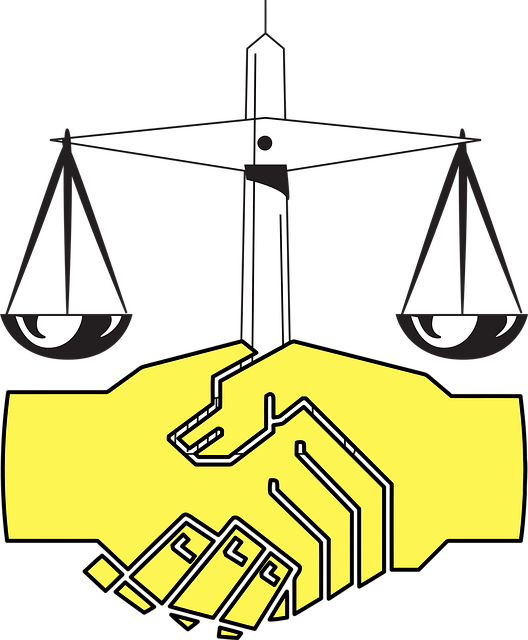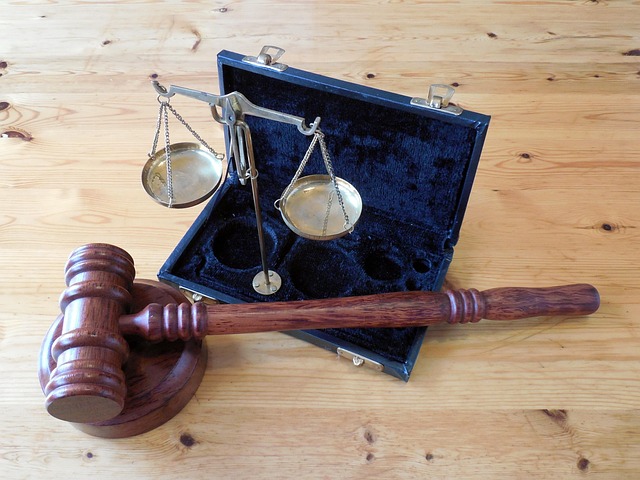TL;DR: Navigating Healthcare Compliance Legal Issues is crucial in public corruption cases involving bribery, embezzlement, and fraud. Skilled legal representation is key to securing defense verdicts. The healthcare industry's complex landscape includes concerns like billing practices, medication distribution, and equipment procurement, where financial incentives can encourage unethical behaviors. Consequences for legal issues include severe fines and license revocations. Success relies on meticulous record-keeping, robust internal controls, and proactive compliance strategies. These issues undermine patient trust and care, impacting treatment adherence. White-collar defense specialists play a vital role in building robust defense strategies against healthcare-related charges. Effective prevention involves regular training, transparent reporting, independent audits, and stakeholder collaboration to foster a culture of compliance.
In the intricate landscape of healthcare, public corruption charges emerge as a complex web of legal issues, demanding meticulous navigation. This article delves into the multifaceted challenge of understanding and addressing corruption within the industry. We explore the definition and legal framework surrounding these charges, pinpointing common vulnerabilities in the healthcare sector. By examining their impact on patients and providers, we uncover consequences that extend beyond financial losses, touching ethical boundaries. Furthermore, we guide readers through strategic legal defenses and emphasize the crucial role of preventive measures and robust compliance in building a resilient healthcare system, thereby navigating healthcare’s complex legal issues.
- Understanding Public Corruption Charges: Definition and Legal Framework
- Healthcare Industry Vulnerabilities: Common Areas of Concern
- The Impact on Patients and Providers: Consequences and Ethical Implications
- Legal Defense Strategies: Navigating the Complexities of Prosecution
- Preventive Measures and Compliance: Building a Resilient Healthcare System
Understanding Public Corruption Charges: Definition and Legal Framework

Public Corruption Charges refer to a range of illicit activities where public officials abuse their power for personal gain. This includes bribery, embezzlement, fraud, and other forms of misconduct. Navigating healthcare compliance legal issues often involves understanding complex laws and regulations that govern interactions between healthcare providers, patients, and government entities. The legal framework surrounding these charges is designed to hold public servants accountable while ensuring fair processes.
When faced with white-collar and economic crimes accusations, securing a winning challenging defense verdict requires skilled legal representation. Experienced attorneys can help individuals accused of corruption navigate the intricate legal landscape, presenting compelling defenses and achieving extraordinary results. This involves thorough investigations, strategic plea bargaining, or robust trial defenses, ultimately aiming to protect the rights and interests of those involved.
Healthcare Industry Vulnerabilities: Common Areas of Concern
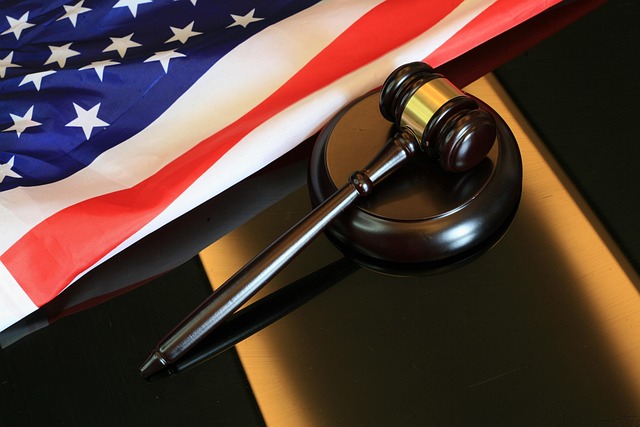
The healthcare industry is a complex landscape with numerous potential entry points for corruption, making it a significant focus area for legal investigators. Navigating healthcare compliance involves understanding and adhering to stringent regulations designed to ensure patient safety and fairness in pricing. Common areas of concern include billing practices, medication distribution, and procurement of medical equipment, where opaque networks and financial incentives can foster unethical behaviors.
Fraudulent activities may range from simple overbilling to more intricate schemes involving kickbacks and bid-rigging. Given the high stakes involved, the consequences of legal issues in this sector can be severe, leading to substantial fines, license revocations, and even a complete dismissal of all charges for those who can prove their innocence. Achieving extraordinary results often hinges on meticulous record-keeping, robust internal controls, and proactive compliance strategies that mitigate risks across all stages of the investigative and enforcement process.
The Impact on Patients and Providers: Consequences and Ethical Implications
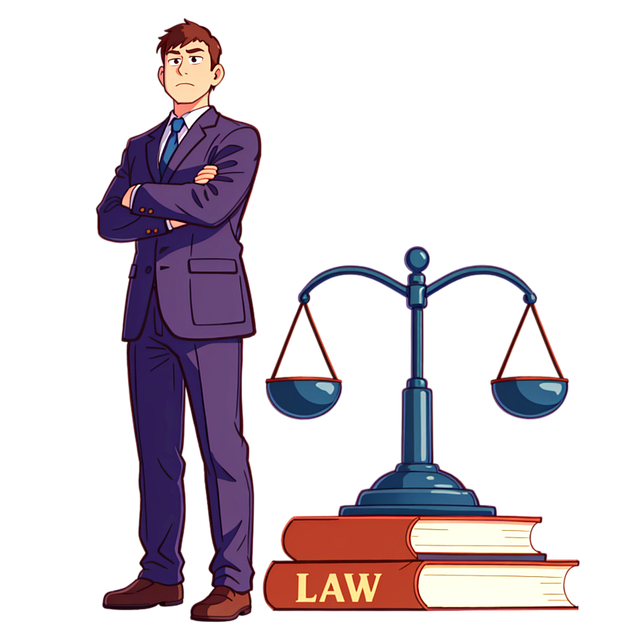
Public corruption within healthcare systems can have profound effects on both patients and providers. When healthcare professionals are accused or convicted of unethical practices, it erodes trust in the medical community, potentially leading to a decline in patient care and treatment adherence. Patients may become hesitant to seek necessary medical attention, especially if they perceive risks associated with navigating the legal system alongside their healthcare providers.
The consequences extend beyond individual cases, impacting the broader healthcare ecosystem. Providers face not only the possibility of complete dismissal of all charges but also the strain of prolonged jury trials and the ethical dilemma of maintaining patient care while defending against allegations. This complex landscape demands a delicate balance between upholding justice and ensuring patients receive consistent, high-quality treatment, reinforcing the importance of navigating healthcare compliance legal issues with utmost care and integrity.
Legal Defense Strategies: Navigating the Complexities of Prosecution
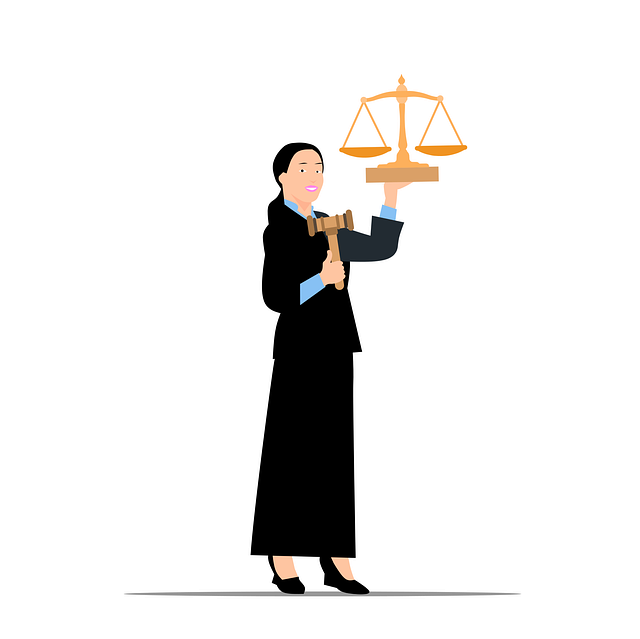
In the face of public corruption charges, navigating the complexities of prosecution is a meticulous task. Accused individuals and their legal teams must delve into intricate healthcare compliance legal issues to build a robust defense strategy. This often involves scrutinizing the nuances of regulations, policies, and procedures to ensure every aspect aligns with the law. A well-prepared defense can significantly impact the outcome, aiming for winning challenging defense verdicts that protect the rights and reputation of the accused.
White collar defense specialists play a pivotal role in these cases, balancing the scales of justice by providing expert guidance through the maze of general criminal defense tactics. Their experience in handling such matters enables them to anticipate prosecution strategies and formulate counterarguments, ultimately aiming for positive outcomes despite the complexity of healthcare-related charges.
Preventive Measures and Compliance: Building a Resilient Healthcare System
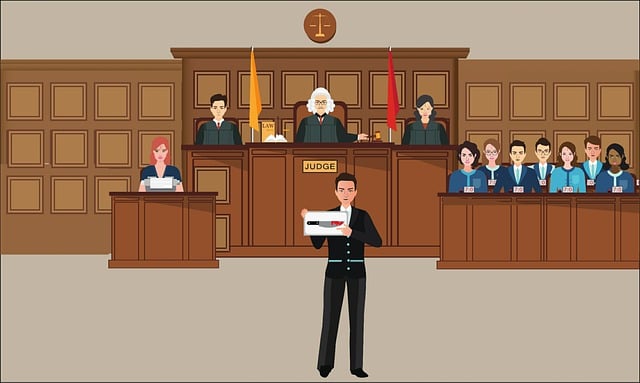
Navigating Healthcare Compliance Legal Issues is an essential aspect of building a resilient healthcare system. Effective preventive measures involve robust regulatory frameworks that ensure adherence to ethical standards and best practices. Hospitals, clinics, and healthcare providers must stay current with evolving laws and guidelines to mitigate risks associated with white-collar and economic crimes, including bribery, fraud, and embezzlement. Regular training sessions, transparent reporting mechanisms, and independent audits are key components in this process.
By fostering a culture of compliance within the respective business, philanthropic, and political communities, healthcare institutions can strengthen their defenses against corruption. Collaboration between stakeholders is crucial to identifying vulnerabilities and implementing solutions that align with legal requirements. This holistic approach not only protects patients’ interests but also promotes public trust, ensuring that healthcare services remain accessible, affordable, and of high quality for all.
Public corruption charges pose significant threats to the healthcare industry, with vulnerabilities often stemming from complex legal issues and compliance challenges. Understanding these charges and their impact is crucial for both patients and providers. By navigating the complexities of prosecution and implementing robust preventive measures, the healthcare sector can foster a more resilient and ethical system. Ensuring strict adherence to legal frameworks and promoting transparency are key steps in mitigating public corruption, ultimately enhancing patient care and maintaining the integrity of healthcare services.



